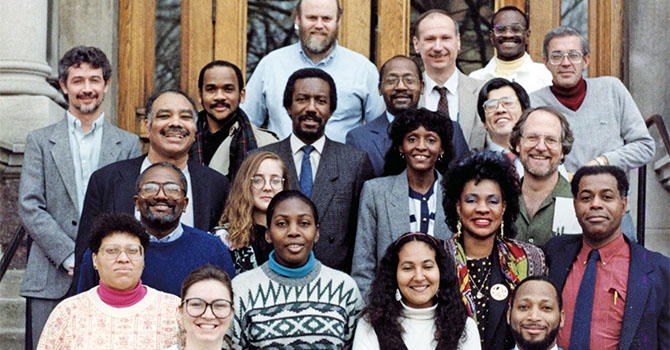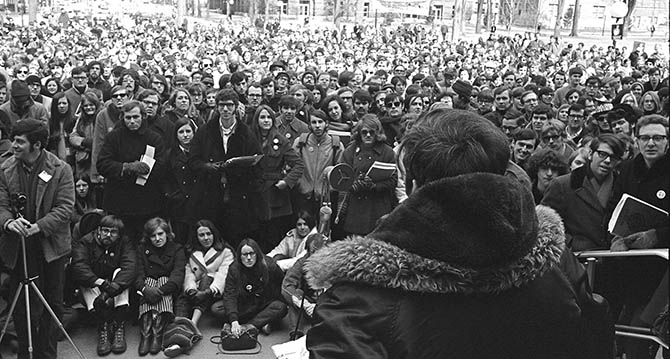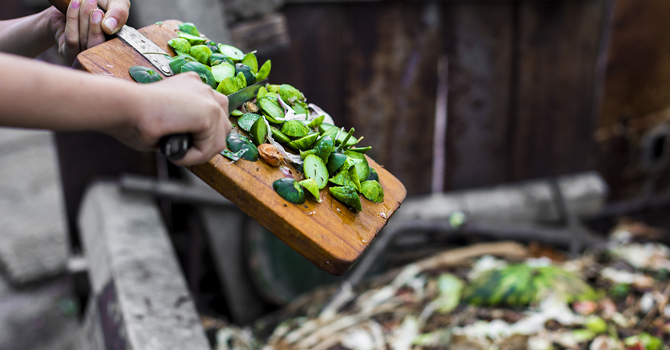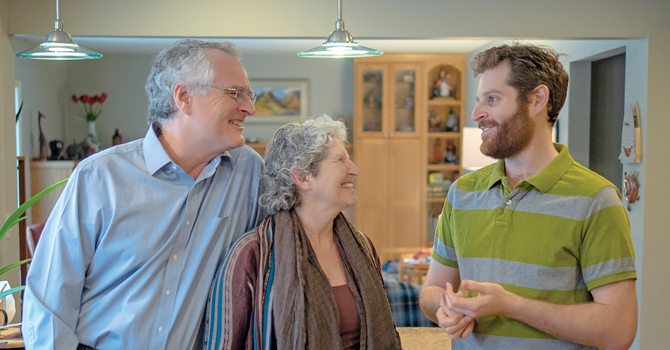
Grass Roots: The Sustainable Shifts that Lead to Environmental Justice
Todd Ziegler, MS ’15
When civil rights leaders, environmentalists, and researchers converged on the university in 1990 for the Conference on Race and the Incidence of Environmental Hazards, they were part of a much larger movement focusing the nation on environmental justice.





